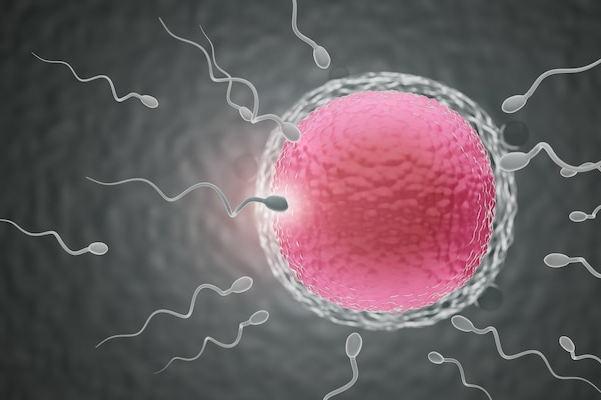

Infertility is when a male or female cannot conceive even after 1 year of unprotected intercourse.
Infertility can be primary or secondary. Primary infertility is when someone is not able to conceive at all. Secondary infertility is when someone has previously conceived but is no longer able to.
This article explains infertility’s causes, types, and treatment, as well as other things a person may wish to know about infertility in both sexes.
Infertility causes Causes in females
Infertility in females can also have a range of causes.
Problems with ovulation
Ovulation disorders make up about 25%
Trusted Source
of infertility cases in females. Ovulation is the monthly release of an egg. The eggs may never be released, or they may only be released in some cycles.
Ovulation disorders can occur due to:
Hyperprolactinemia: If prolactin levels are high and the female is not pregnant or breastfeeding, it may affect ovulation and fertility.
Thyroid problems: An overactive or underactive thyroid gland can lead to a hormonal imbalance that interferes with ovulation.
Polycystic ovary syndrome (PCOS): This is a hormonal condition that can cause frequent or prolonged menstruation and can interfere with ovulation.
Problems in the uterus or fallopian tubes can also prevent the egg from traveling from the ovary to the uterus, or womb. If the egg does not travel, it can be harder to conceive naturally.
Infertility is defined as the inability to get pregnant after 12 months of trying. Any person of either sex who fits this definition is experiencing infertility.
Causes in males
The following are common causes of infertility in males:
Problems with semen and sperm
Semen is the milky fluid that the penis releases during ejaculation and consists of fluid and sperm. The fluid comes from the prostate gland, the seminal vesicle, and other sex glands. The sperm is produced in the testicles. When the ejaculate comes out of the penis, semen helps transport the sperm toward the egg.
Things that can make it
More difficult for sperm to fertilize the egg include having a sperm count below 15 million, low sperm motility, or sperm that have an unusual shape and a harder time fertilizing the egg.
About 2% males may have these types of issues with their sperm. They can result from:
A medical condition: This could be a testicular infection, cancer, or a surgery.
Overheated testicles: Causes include an undescended testicle, a varicocele, a varicose vein in the scrotum, the use of saunas or hot tubs, wearing tight clothes, and working in hot environments.
Ejaculation disorders: If the ejaculatory ducts are blocked, semen may be ejaculated into the bladder.
Hormonal imbalance: Hypogonadism, for example, can lead to a testosterone deficiency.
Other causes
Other causes may include
Genetic factors: A male should have an X and Y chromosome. If a person has two X chromosomes and one Y chromosome, as in Klinefelter syndrome, the testicles will develop abnormally, and there will be low testosterone and a low sperm count or no sperm.
Mumps: If this occurs after puberty, inflammation of the testicles may affect sperm production.
Hypospadias: With this congenital anomaly, the urethral opening is under the penis instead of at its tip. Doctors usually surgically correct this condition during infancy. If the correction is not done, it may be harder for the sperm to reach the female’s cervix. Hypospadias affects about 1 in every 200 newborn boys.
Cystic fibrosis: This is a chronic disease that results in the creation of sticky mucus. This mucus mainly affects the lungs, but males may also have an absent vas deferens. The vas deferens carries sperm from the epididymis to the ejaculatory duct and the urethra.
Radiation therapy or chemotherapy: These treatments can both impair sperm production. In the case of radiation therapy, the severity usually depends on how near to the testicles the radiation occurred.
Other diseases: Conditions that are sometimes linked to lower fertility in males are anemia, Cushing’s syndrome, diabetes, and thyroid disease.
Medications: Some medications increase the risk of fertility problems in males. These include sulfasalazine (Azulfidine) and anabolic steroids.
